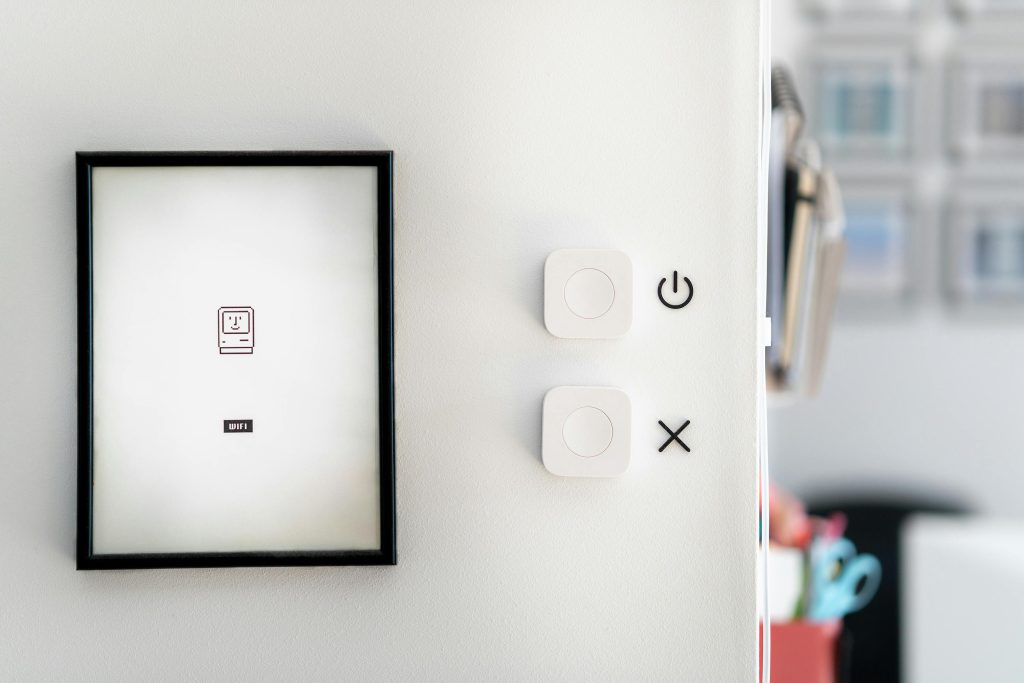Understanding Sudden GPU Fan Behavior: Troubleshooting an RTX 3070 Ti Running Fans at 100%
In recent times, many PC enthusiasts and users have encountered unusual GPU behavior, such as fans suddenly running at full speed without apparent reason. This article explores a common scenario where a user finds their RTX 3070 Ti’s fans operating at 100%, with minimal thermal or usage concerns, and provides guidance on how to diagnose and resolve such issues.
Case Overview
A user reports that after returning home from a few hours away, their PC’s fans emitted a loud, jet-engine noise. Upon inspecting the system, they observed all three fans connected to their RTX 3070 Ti were spinning at maximum speed continuously. The user conducted multiple troubleshooting steps, including:
- Checking fan speeds via GPU management software (such as Precision X1) — fans were indeed at 100%
- Attempting to manually adjust fan speeds — no effect
- Trying alternative fan control applications (MSI Afterburner, FanControl) — unsuccessful
- Confirming GPU temperature was normal (around 27–30°C at idle)
- Ensuring GPU usage was low
- Monitoring system resources through Task Manager — no high application load
- Running Windows Defender — no malware detected
- Verifying no recent software installations or background processes that could cause issues
Initial Concerns and Questions
Given these observations, the user questioned whether the GPU was malfunctioning or compromised, possibly by cryptominer malware hijacking control, or if hardware failure was imminent. They considered whether driver issues, firmware problems, or malware at a low level could be responsible.
Troubleshooting Steps and Recommendations
When encountering GPU fan control anomalies, consider the following diagnostic approach:
-
Verify Hardware Temperatures and Usage
Confirm that GPU temperatures and usage patterns are typical. Idle temperatures around 27–30°C and low utilization usually suggest no immediate hardware stress. -
Update or Reinstall Graphics Drivers
Use tools like Display Driver Uninstaller (DDU) to cleanly remove existing drivers before reinstalling the latest stable version from the official manufacturer website. Sometimes, driver conflicts can cause fan control anomalies. -
Check for Firmware or BIOS Updates
Review if your GPU or motherboard BIOS has recent updates that address fan management or hardware stability. -
Inspect Fan Control Settings in BIOS and Software
Ensure that any automatic fan curves are functioning correctly and not overridden by custom configurations.
5
Share this content:



